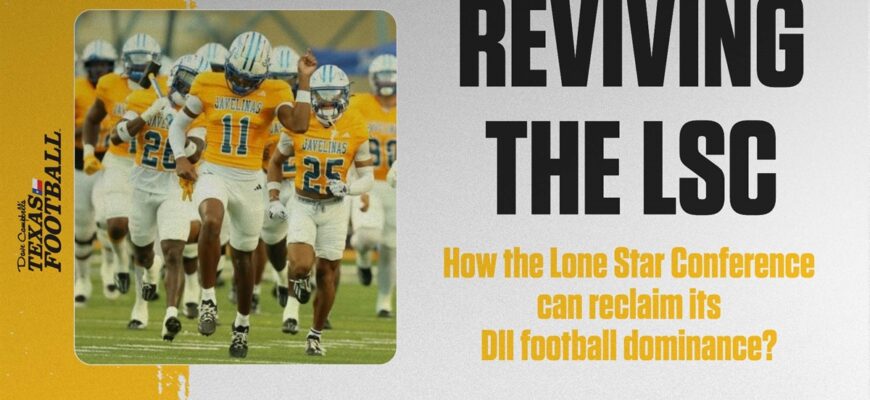In the intricate tapestry of global football, American soccer frequently finds itself at a compelling crossroads—balancing aspiration with the persistent scrutiny of an evolving sporting nation. Two recent developments, one concerning the U.S. Men`s National Team (USMNT) and the other a significant transfer in the women`s game, underscore this dynamic period of strategic adjustments and rising ambitions.
The USMNT`s Calculated Gamble: Building for 2026
The countdown to the 2026 FIFA World Cup, hosted partly on home soil, is more than a mere calendar event for the USMNT; it is a profound national endeavor. Head coach Mauricio Pochettino, renowned for his tactical acumen, is navigating a particularly challenging phase. His mandate involves not only preparing a competitive squad but also forging a cohesive unit from a blend of burgeoning talent and seasoned veterans.
The upcoming friendly against South Korea serves as a critical checkpoint. It`s less about the result and more about the process—a “final international break to test newcomers,” as Pochettino termed it. This strategy, however, is a delicate dance. Injecting fresh faces offers a glimpse into the future, yet it must not compromise the immediate need for chemistry and tactical understanding, especially with the tournament clock ticking down.
Silencing the `Noise`: Weah`s Perspective
Tim Weah, returning to the squad after a productive loan spell at Marseille, embodies the team`s current mindset. His recent comments about “leaving all that negative energy out the window” and “blacking out all the noise” resonate deeply. In an era where every pass, every substitution, and every setback is amplified by a chorus of pundits and former players, the ability to maintain focus is a competitive advantage in itself. One might even suggest, with a touch of irony, that the very act of declaring one will “black out the noise” often paradoxically ensures that the “noise” becomes an even more prominent topic of discussion.
Weah`s stance highlights a universal truth in high-stakes sports: the mental game is as crucial as the physical. The criticism from past generations, which he controversially labeled “really evil,” underscores the persistent pressure on this team to finally deliver on the promise that American soccer has long held. The Concacaf Nations League defeats and the Gold Cup final loss are not merely historical footnotes; they are stark reminders of the distance still to be covered.
Pochettino`s insistence that there is “enough time” before the World Cup opening match provides a veneer of calm, but the South Korea friendly is an opportunity to translate this optimism into tangible on-field improvement. It’s a chance to demonstrate progress, not just preach positivity.
Alyssa Thompson`s European Leap: A Quest for Consistency
While the men`s team hones its strategy, the women`s game in the U.S. is witnessing its own significant shifts. Alyssa Thompson, a formidable talent for the U.S. Women`s National Team (USWNT), has made headlines with her reported $1.3 million transfer to Chelsea. This move is more than just a lucrative deal; it’s a strategic career decision that reflects the evolving landscape of women`s football.
Thompson`s departure from Angel City, merely eight months after signing a long-term deal, speaks volumes about the priorities of modern elite athletes. Her decision, as noted by observers, hinges on one critical factor: consistency. Angel City`s rotation of four different coaches during her tenure created an environment of instability. For a player on the cusp of her prime, seeking a stable, top-tier environment like Chelsea, with its established coaching staff and competitive infrastructure, is a logical and pragmatic choice.
The Global Stage for USWNT Talent
Thompson joins a growing contingent of American stars in Europe, including Naomi Girma and Catarina Macario at Chelsea. This transatlantic migration is not merely a trend; it`s a strategic pathway for USWNT players. With the next Women`s World Cup two years away, securing consistent playing time at the highest club level is paramount for making the fiercely competitive national team roster.
Emma Hayes, the USWNT head coach, has had ample opportunity to assess her options, especially given the sporadic availability of key attacking players like Trinity Rodman, Mallory Swanson, and Sophia Wilson since the Olympics. Thompson, with four goals and an assist since last summer`s triumph in Paris, has a compelling argument to solidify her place. Playing in the highly competitive FA Women`s Super League will undoubtedly sharpen her skills and tactical awareness, providing a crucial edge in the fight for a spot on the plane to Brazil.
The Dual Ambition of American Soccer
These two narratives—the USMNT`s meticulous World Cup preparations and Alyssa Thompson`s strategic European transfer—are distinct yet share a common thread: the relentless pursuit of excellence and the making of calculated decisions for future success. They illustrate a maturing ecosystem within American soccer, one that is increasingly sophisticated in its approach to player development, tactical strategies, and managing the unique pressures of global competition.
From Pochettino`s balancing act between experimentation and proven chemistry to Thompson`s quest for stability and elite development abroad, American soccer is charting a course that acknowledges both the immediate challenges and the long-term vision. The “noise” will undoubtedly persist, but the actions on the pitch and in the transfer market demonstrate a focused determination to not just participate, but to truly dominate on the world stage.
The journey is complex, but the strategic plays being made today are setting the foundation for tomorrow`s triumphs.









